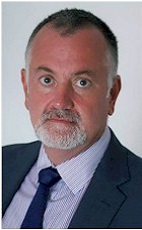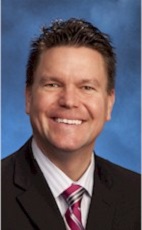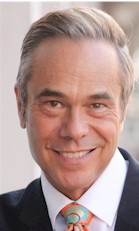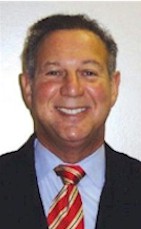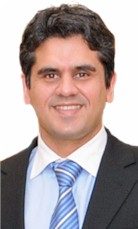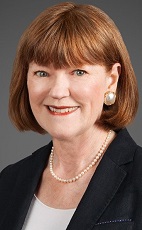
After a decade of sacrifice and struggle, it seems that hotels and meeting planners have every reason to be optimistic about the group meeting business going forward. By every industry benchmark and measure, 2017 is shaping up to be a record year, which means more meetings in more locations for more attendees. And though no one in the industry is complaining about this rosy outlook, the strong demand is increasing competition among meeting planners across the board - for the most desirable locations, for the best hotels, for the most creative experiences, for the most talented chefs, and for the best technology available. Because of this robust demand, hotels are in the driver's seat and they are flexing their collective muscles. Even though over 100,000 new rooms were added last year, hotel rates are expected to rise by a minimum of 4.0%, and they are also charging fees on amenities that were often gratis in the past. In addition, hotels are offering shorter lead times on booking commitments, forcing planners to sign contracts earlier than in past years. Planners are having to work more quickly and to commit farther in advance to secure key properties. Planners are also having to meet increased attendee expectations. They no longer are content with a trade show and a few dinners; they want an experience. Planners need to find ways to create a meaningful experience to ensure that attendees walk away with an impactful memory. This kind of experiential learning can generate a deeper emotional connection, which can ultimately result in increased brand recognition, client retention, and incremental sales. The September Hotel Business Review will examine issues relevant to group business and will report on what some hotels are doing to promote this sector of their operations.
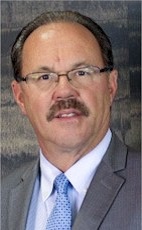


 After a decade of sacrifice and struggle, it seems that hotels and meeting planners have every reason to be optimistic about the group meeting business going forward. By every industry benchmark and measure, 2017 is shaping up to be a record year, which means more meetings in more locations for more attendees. And though no one in the industry is complaining about this rosy outlook, the strong demand is increasing competition among meeting planners across the board - for the most desirable locations, for the best hotels, for the most creative experiences, for the most talented chefs, and for the best technology available. Because of this robust demand, hotels are in the driver's seat and they are flexing their collective muscles. Even though over 100,000 new rooms were added last year, hotel rates are expected to rise by a minimum of 4.0%, and they are also charging fees on amenities that were often gratis in the past. In addition, hotels are offering shorter lead times on booking commitments, forcing planners to sign contracts earlier than in past years. Planners are having to work more quickly and to commit farther in advance to secure key properties. Planners are also having to meet increased attendee expectations. They no longer are content with a trade show and a few dinners; they want an experience. Planners need to find ways to create a meaningful experience to ensure that attendees walk away with an impactful memory. This kind of experiential learning can generate a deeper emotional connection, which can ultimately result in increased brand recognition, client retention, and incremental sales. The September Hotel Business Review will examine issues relevant to group business and will report on what some hotels are doing to promote this sector of their operations.
After a decade of sacrifice and struggle, it seems that hotels and meeting planners have every reason to be optimistic about the group meeting business going forward. By every industry benchmark and measure, 2017 is shaping up to be a record year, which means more meetings in more locations for more attendees. And though no one in the industry is complaining about this rosy outlook, the strong demand is increasing competition among meeting planners across the board - for the most desirable locations, for the best hotels, for the most creative experiences, for the most talented chefs, and for the best technology available. Because of this robust demand, hotels are in the driver's seat and they are flexing their collective muscles. Even though over 100,000 new rooms were added last year, hotel rates are expected to rise by a minimum of 4.0%, and they are also charging fees on amenities that were often gratis in the past. In addition, hotels are offering shorter lead times on booking commitments, forcing planners to sign contracts earlier than in past years. Planners are having to work more quickly and to commit farther in advance to secure key properties. Planners are also having to meet increased attendee expectations. They no longer are content with a trade show and a few dinners; they want an experience. Planners need to find ways to create a meaningful experience to ensure that attendees walk away with an impactful memory. This kind of experiential learning can generate a deeper emotional connection, which can ultimately result in increased brand recognition, client retention, and incremental sales. The September Hotel Business Review will examine issues relevant to group business and will report on what some hotels are doing to promote this sector of their operations.

